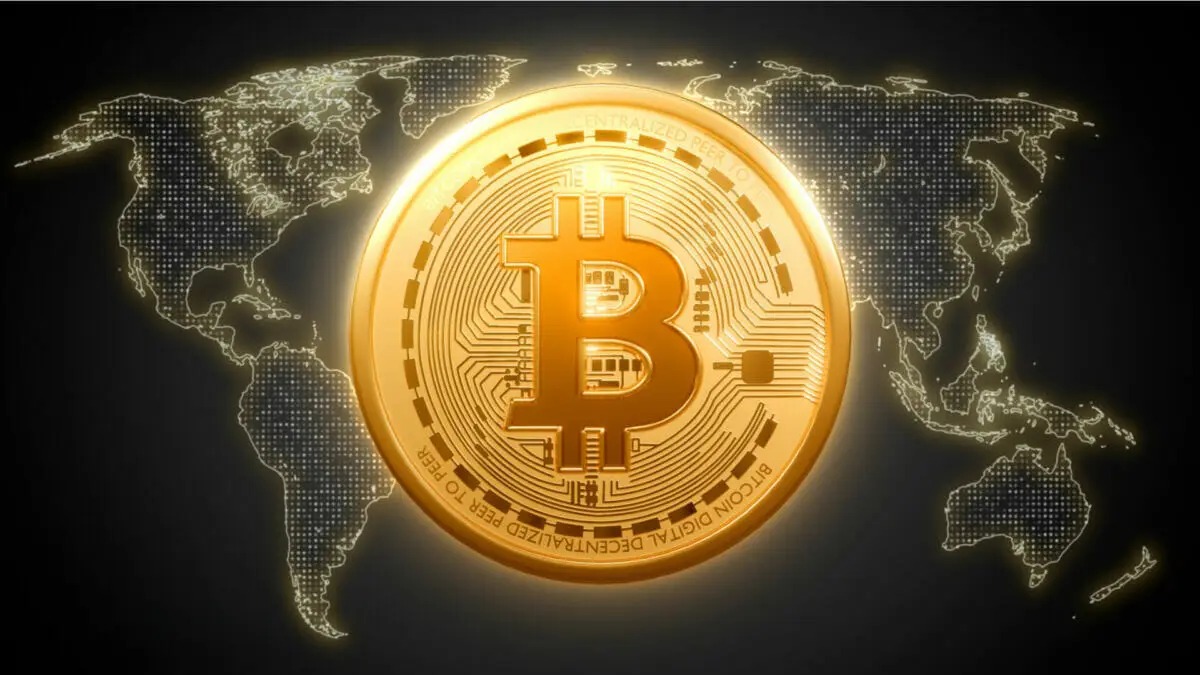Bitcoin ownership is shifting between institutions and individuals. This article highlights the growing role of institutional investment and the importance of decentralized ownership for individuals. The popularity of Bitcoin has exploded in recent years. Bitcoin is becoming popular with governments, major institutions, and ordinary investors. Despite its expanding popularity, Bitcoin is still seen as a decentralized currency with private ownership.
“Governments and Large Institutions Can Buy All the Bitcoin They Want (Except Yours)” illuminates the fascinating interaction between massive institutions and Bitcoin while emphasizing the necessity of individual ownership in the ever-changing digital currency world.
Speculation to Growth
Bitcoin’s potential as a store of value interests governments and major institutions. Techies and early adopters speculated on Bitcoin. After Bitcoin’s market cap grew, hedge, mutual, and pension funds invested. Central banks and governments joined. Bitcoin worries most governments, but some think it might change the global financial system.
El Salvador was the first country to legalize Bitcoin in 2021. Big institutions are also watching. Tesla, MicroStrategy, and Square invested billions in Bitcoin. One of the largest Bitcoin holders is business analytics firm MicroStrategy. They invest for inflation protection and diversification, not speculation.
Bitcoin Ownership Decentralized or Institutional
Bitcoin ownership is decentralized and self-sovereign, even if governments and other corporations can buy as much as they want. Instead of a central authority, private keys—cryptographic keys that allow users to access Bitcoin—secure Bitcoin ownership. Since Bitcoin is decentralized, people can keep it safe without banks or financial institutions.

Governments and large businesses can acquire Bitcoin through exchanges or OTC agreements but still need the Bitcoin ecosystem. Custody distinguishes institutional from individual Bitcoin ownership. Large institutions hold their Bitcoin on third-party custodians or digital asset platforms, making them vulnerable. However, individual Bitcoin holders can keep their assets in non-custodial wallets for more control.
Bitcoin Uncontrolled but Influenced
Bitcoin is uncontrollable by governments yet influenced. Cryptocurrency taxes, exchange regulation, and KYC/AML are possible. These limits may make Bitcoin trading difficult for unregulated sites. Governments may curb Bitcoin. Due to mining and business bans, miners leave China to go to crypto-friendly countries.
If it undermines monetary policy or finances, other nations may embrace Bitcoin. Its decentralization helps Bitcoin overcome these limitations. Middleman-free Bitcoin exchange uses private keys and peer-to-peer networks. Authorities can buy Bitcoin with “Except Yours” without providing private keys.
Bitcoin Protection Against Instability
Bitcoin is unique in financial management. It protects against economic instability, inflation, and currency depreciation. Bitcoin allows private money storage and transmission without government or central bank meddling. It enables people to maintain money and participate in global finance.
Bitcoin isn’t expensive, slow, or border-limited like bank transactions. It attracts those with unstable currencies or authoritarian finance. Bitcoin can avoid government and institutional control in a non-custodial wallet. Private key management and Bitcoin storage security are emphasized.
Protecting Bitcoin Assets
Individual Bitcoin holders must protect their assets while governments and institutions acquire Bitcoin—several security methods. Hardware wallets hold private keys offline, making Bitcoin hacking harder. Popular hardware wallets include Ledger and Trezor. Online wallets and exchanges employ 2FA.
Someone can access your account but not withdraw Bitcoin without a second login. Secure private key backups. Put this backup in an encrypted file. Consider Multi-Signature Wallets A multi-signature wallet needs several private keys to approve transactions. No one can access Bitcoin without authorization, making it safer. Cryptocurrency increases security threats. Fraud, phishing, and digital wallets are risks.
Also Read: Best Time to Sell Bitcoin and Key Indicators
Conclusion
Governments and huge entities can acquire Bitcoin, but private key holders have actual power. As Bitcoin evolves, individual Bitcoin holders must secure their assets against government meddling, institutional control, and cybercrime. Individuals may protect their Bitcoin from financial market fluctuations by storing it in non-custodial wallets and remaining updated on security standards.
[sp_easyaccordion id=”355″]



